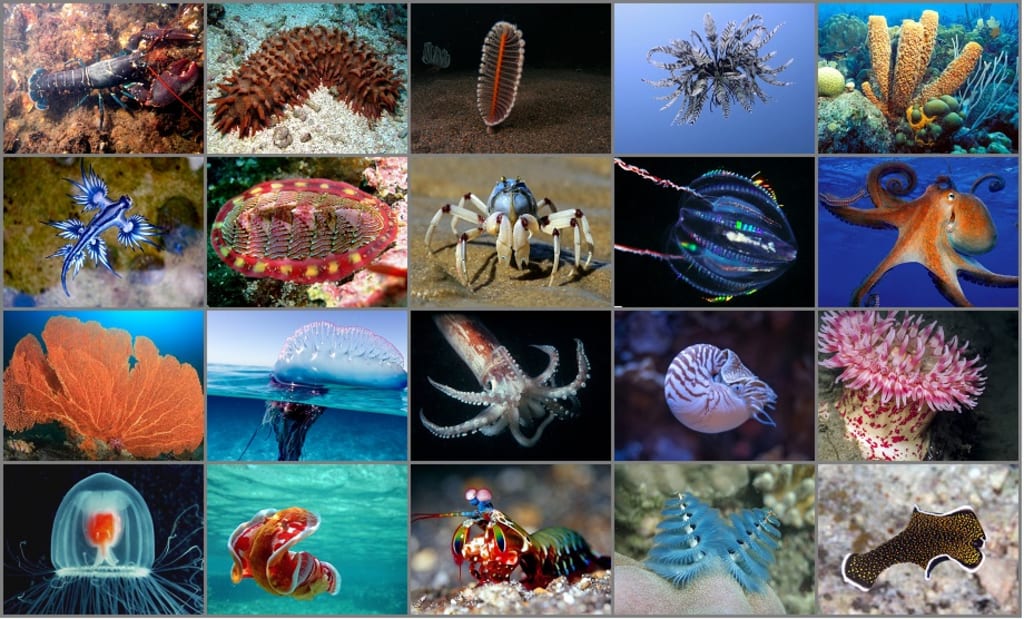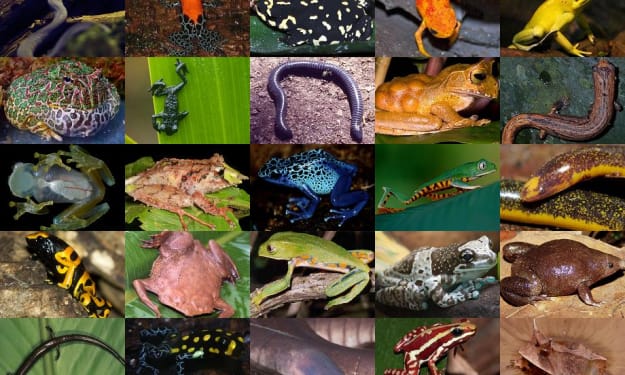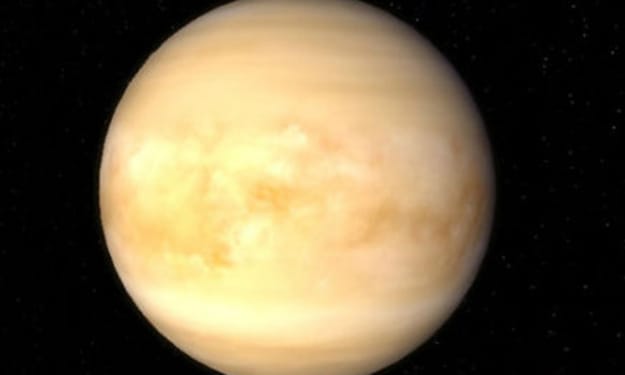Exploring the Fascinating World of Invertebrates and Their Role in the Ecosystem
Exploring the Diversity and Ecological Importance of Invertebrates

Invertebrates are a diverse group of animals that make up more than 95% of all animal species on Earth. They are characterized by the absence of a vertebral column, or backbone, which sets them apart from vertebrates such as mammals, birds, and reptiles. Invertebrates come in all shapes and sizes, from tiny microscopic creatures to giant squids and octopuses.
There are numerous types of invertebrates, each with their own unique characteristics and adaptations. Some of the most common groups of invertebrates include insects, spiders, worms, crustaceans, mollusks, and echinoderms. In this article, we will explore each of these groups and their important roles in the ecosystem.
Insects:
Insects are a diverse group of invertebrates that are characterized by their three-part body structure, six legs, and wings. They are the most numerous and diverse group of animals on Earth, with more than a million known species. Insects can be found in almost every part of the world, from the tropics to the Arctic.
Insects play a vital role in the ecosystem as pollinators, decomposers, and food sources for other animals. They are responsible for pollinating many of the world's crops, including fruits, vegetables, and nuts. Insects such as bees, butterflies, and moths are also important for the reproduction of many plant species.
In addition to their ecological importance, insects also have cultural and economic significance. They have been featured in art, literature, and folklore for centuries, and are also used in medicine, food, and industry. For example, honey bees are used for their honey and beeswax, while silkworms are raised for their silk.
Spiders:
Spiders are a group of invertebrates that are characterized by their eight legs and two-part body structure. They are found in almost every part of the world and play an important role in controlling insect populations. Spiders are predators that feed on insects and other small animals, such as small frogs and lizards.
Spiders are also important for their ecological and medical value. They are used in the development of new drugs and are being studied for their potential use in pest control. Some species of spiders are also used in the production of silk, which has numerous applications in industry and medicine.
Worms:
Worms are a group of invertebrates that are characterized by their long, slender bodies and lack of limbs. They are found in almost every part of the world and play an important role in the ecosystem as decomposers. Worms are responsible for breaking down organic matter, such as dead plants and animals, into nutrients that can be used by other organisms.
Worms also have agricultural and medical value. They are used in the production of compost, which is used to enrich soil and promote plant growth. Certain species of worms are also being studied for their potential use in medical treatments, such as the treatment of autoimmune disorders.
Crustaceans:
Crustaceans are a group of invertebrates that are characterized by their hard, protective exoskeletons and jointed appendages. They are found in both freshwater and saltwater environments and play an important role in the food chain. Crustaceans are a major source of food for many marine and freshwater animals, including fish, birds, and mammals.
Crustaceans also have economic and cultural significance. They are used for their meat, which is a popular food in many parts of the world, and for their shells, which are used in the production of jewelry and other decorative items.
Mollusks:
Mollusks are a group of invertebrates that are characterized by their soft bodies and hard shells.
About the Creator
Enjoyed the story? Support the Creator.
Subscribe for free to receive all their stories in your feed. You could also pledge your support or give them a one-off tip, letting them know you appreciate their work.





Comments
There are no comments for this story
Be the first to respond and start the conversation.